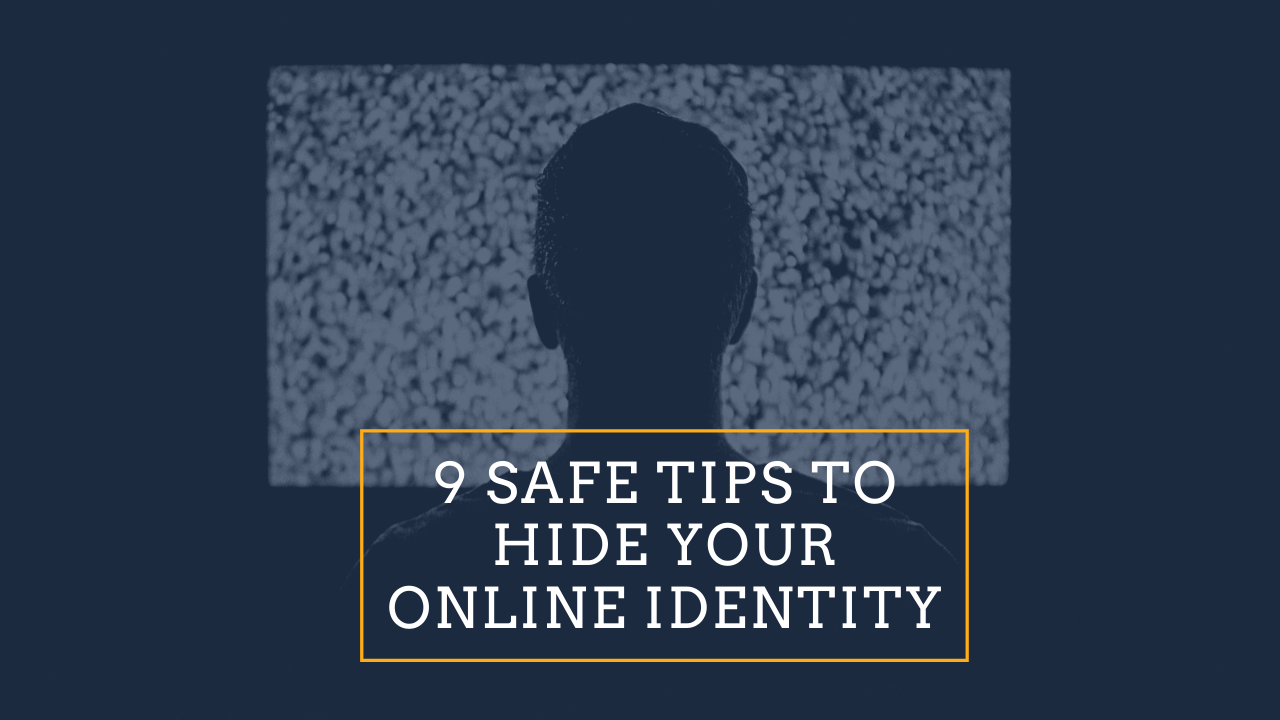
Aliases and fictitious business names used for dummy corporations may become so complex that, in the words of The Washington Post, "getting to the truth requires a walk down a bizarre labyrinth" and multiple government agencies may become involved to uncover the truth. Criminal activity Ĭriminals may use aliases, fictitious business names, and dummy corporations ( corporate shells) to hide their identity, or to impersonate other persons or entities in order to commit fraud. Business īusinesspersons of ethnic minorities in some parts of the world are sometimes advised by an employer to use a pseudonym that is common or acceptable in that area when conducting business, to overcome racial or religious bias. Authors may practice adversarial stylometry to resist such identification. The precise degree of this unmasking ability and its ultimate potential is uncertain, but the privacy risks are expected to grow with improved analytic techniques and text corpora. Pseudonymous authors may still have their various identities linked together through stylometric analysis of their writing style. He adopted his Hebrew name in 1910 when he published his first article in a Zionist journal in Jerusalem. The politician David Ben-Gurion, for example, was born David Grün in Poland. Likewise some Jews adopted Hebrew family names upon immigrating to Israel, dropping surnames that had been in their families for generations. He then changed his name again to Malik El-Shabazz when he converted to Islam.

In many countries, including common law countries, a name change can be ratified by a court and become a person's new legal name.įor example, in the 1960s, civil rights campaigner Malcolm X, originally known as Malcolm Little, changed his surname to "X" to represent his unknown African ancestral name that had been lost when his ancestors were brought to North America as slaves. This is not an alias or pseudonym, but in fact a new name. Sometimes people change their names in such a manner that the new name becomes permanent and is used by all who know the person. The term alias is a Latin adverb meaning "at another time, elsewhere". The term pseudonym is derived from the Greek word " ψευδώνυμον" ( pseudṓnymon), literally "false name", from ψεῦδος ( pseûdos) 'lie, falsehood' and ὄνομα ( ónoma) "name".

In some cases, pseudonyms are adopted because they are part of a cultural or organisational tradition: for example devotional names used by members of some religious institutes, and "cadre names" used by Communist party leaders such as Trotsky and Lenin.Ī collective name or collective pseudonym is one shared by two or more persons, for example the co-authors of a work, such as Carolyn Keene, Erin Hunter, Ellery Queen, Nicolas Bourbaki, or James S. Actors, voice-over artists, musicians, and other performers sometimes use stage names, for example, to better channel a relevant energy, gain a greater sense of security and comfort via privacy, more easily avoid troublesome fans/"stalkers", or to mask their ethnic backgrounds.
#Word writer uses to hide their identity professional
Pseudonyms are "part-time" names, used only in certain contexts – to provide a more clear-cut separation between one's private and professional lives, to showcase or enhance a particular persona, or to hide an individual's real identity, as with writers' pen names, graffiti artists' tags, resistance fighters' or terrorists' noms de guerre, and computer hackers' handles.

Pseudonyms should not be confused with new names that replace old ones and become the individual's full-time name. Historically, they have sometimes taken the form of anagrams, Graecisms, and Latinisations. In some cases, it may also include nicknames.
#Word writer uses to hide their identity code
Pseudonyms include stage names, user names, ring names, pen names, aliases, superhero or villain identities and code names, gamer identifications, and regnal names of emperors, popes, and other monarchs. ( November 2022) ( Learn how and when to remove this template message) Unsourced material may be challenged and removed. Please help improve this article by adding citations to reliable sources in this section. This section needs additional citations for verification.


 0 kommentar(er)
0 kommentar(er)
